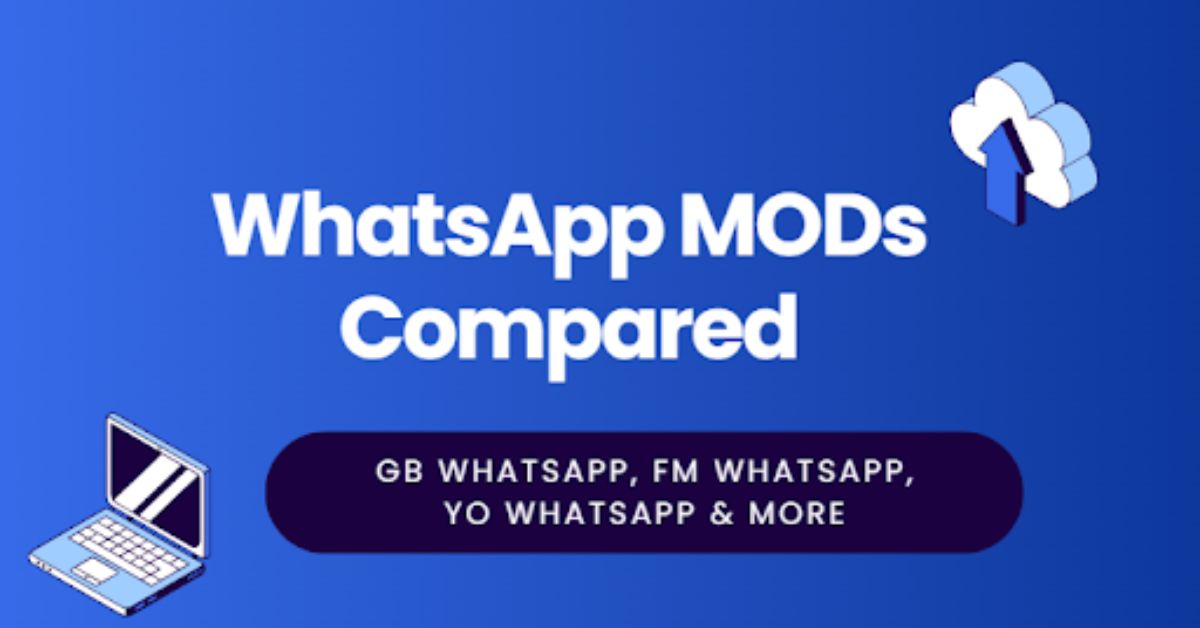Social media marketing goes beyond mere content posting and hoping for interaction. It necessitates continuous engagement, cultivating a robust brand community, and actively monitoring conversations to protect your brand’s reputation.
Utilizing effective social media management tools is crucial for accomplishing these objectives efficiently. As social platforms multiply and digital interaction grows in significance, effectively handling multiple accounts has become increasingly complex.
The Importance of Social Media Management (SMM) Tools
Managing numerous accounts manually, including tasks like content posting, follower engagement, and brand monitoring, is not only time-intensive but also susceptible to mistakes. Social media management tools address these issues by offering centralized platforms that simplify these tasks.
Key benefits of using social media management tools
1. Efficient platform management: Juggling multiple social media accounts can overwhelm without the right tools. Social media management tools consolidate all accounts, enabling streamlined scheduling, posting, and monitoring for enhanced productivity.
2. Improved social listening: Effective social media strategies involve more than content broadcasting. Management tools facilitate social listening, tracking brand conversations, industry trends, and competitor activities in real-time. This feedback helps craft targeted campaigns and boost customer engagement.
3. Optimal hashtag usage: Relevant hashtags can significantly increase post visibility and engagement. Management tools provide insights to optimize hashtag strategies, aligning posts with trending topics and audience interests to avoid PR pitfalls.
4. Detailed analytics: Measuring social media impact is crucial for strategy refinement and demonstrating ROI. Management tools offer comprehensive analytics across platforms, consolidating data for actionable insights that guide decision-making and improve campaign effectiveness.
5. Scalability and organization: Managing expanding social media needs is challenging as businesses grow. Management tools support scalability by integrating new accounts seamlessly and maintaining consistency in content planning and scheduling.
6. Content organization and consistency: Maintaining a consistent brand voice and content calendar is vital for effective social media management. Tools often include visual content calendars and scheduling features that aid in organizing content across platforms, ensuring cohesive brand messaging.
Features of social media management tools
1. Social media dashboard: A social media dashboard is indispensable for effectively managing multiple social media accounts through a unified interface, boosting efficiency and strategic alignment.
2. Scheduled posting: Meticulously plan and automate posting across diverse platforms, optimizing content delivery for maximum impact.
3. Content creation: Offers robust tools for crafting compelling posts through text, image, and video editing, enabling swift and high-quality content creation.
4. Content library: Conveniently organizes and oversees media assets such as photos and videos, ensuring brand coherence and efficient content recycling.
5. Social media analytics: Delivers valuable insights into post performance and audience engagement, empowering informed adjustments to content strategy.
6. Audience engagement: Streamlines responses to audience interactions, nurturing community participation and fostering loyalty.
7. Post boosting: Enhances post visibility through sponsored advertising, maximizing reach and engagement.
8. Competitor analysis: Monitors competitors’ social media activities to stay ahead in the digital marketplace.
9. Hashtag analysis: Identifies popular hashtags to enhance content discoverability and engagement.
10. Team member role assignment: Allocates roles and responsibilities among team members, ensuring secure collaboration in social media account management.
11. Cross-platform social media management: Coordinates multiple social media accounts through a single interface, boosting outreach and engagement.
12. Mobile accessibility: Allows management of social media activities via mobile apps or responsive design, ensuring flexibility and convenience.
13. URL shortening: Integrates URL shortener services to track link performance, optimizing content sharing effectiveness.
14. Customizable reports: Generates detailed reports on social media performance, providing insights for strategic decision-making.
15. Collaboration tools: Enables effective teamwork, content approval, and feedback mechanisms, ensuring consistency and quality in social media activities.
Conclusion
Social media management tools have revolutionized business interactions online, crucial for overseeing multiple accounts across diverse platforms as digital environments grow. By consolidating functions like scheduling, monitoring, and analytics, they not only boost productivity but also provide deeper insights into audience behavior and campaign performance.
Furthermore, these tools streamline content creation, optimize hashtag strategies, and provide real-time tracking of competitors, highlighting their strategic benefits. They empower businesses to maintain a consistent brand presence, quickly adapt to trends, and effectively scale their social media initiatives.
In navigating the complexities of digital engagement, utilizing social media management tools remains crucial not just for staying competitive but also for building meaningful connections with audiences.
ALSO READ: Amazons GPT44X: A Game-Changing AI Model











